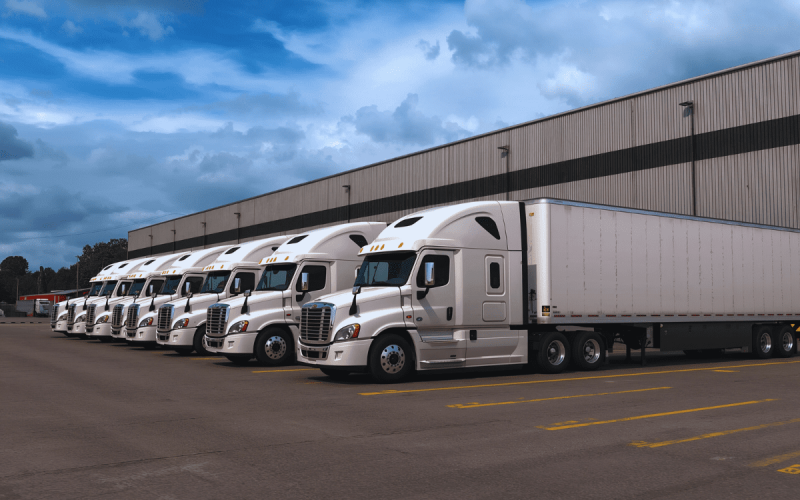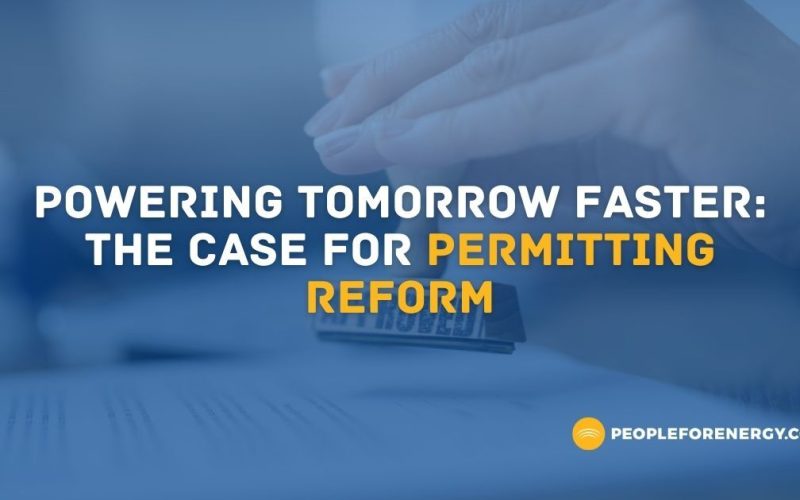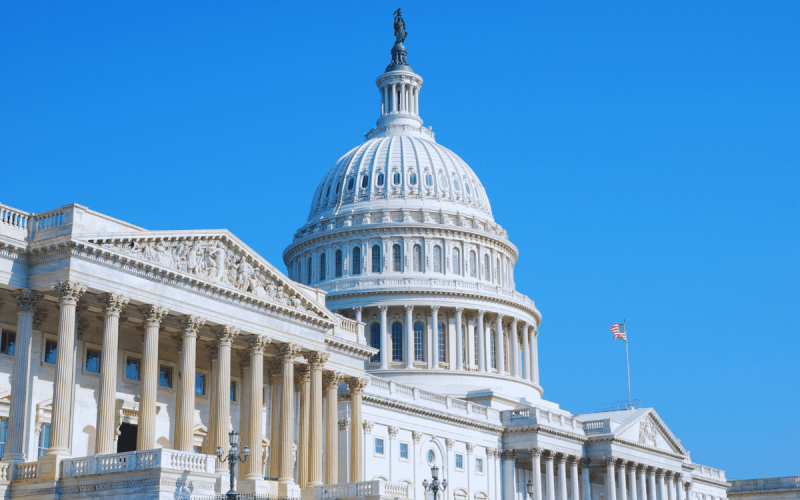THE VOICE FOR THE ENERGY CONSUMER
When families flip a switch, they expect the lights to come on. When small businesses open their doors, they count on affordable electricity to keep customers comfortable and operations running..

Consumer Energy Alliance (CEA), a leading energy and environmental advocate for families and businesses, released “Powering Progress: How Natural Gas Fuels Colorado’s Communities,” a report highlighting natural gas’s vital role.

Amarillo residents urged city leaders at the Sept. 23 meeting to slow down and speak more openly about any potential water agreement tied to Fermi America’s proposed AI data and.

The Environmental Protection Agency (EPA) has issued a final rule approving an application from Arizona requesting primary enforcement responsibility for the six classes of injection wells that are regulated by.

When the power goes out, utility fleets roll in. These trucks aren’t just vehicles but lifelines for communities bracing against hurricanes, ice storms, wildfires, and everything in between. Utility fleets.

Arizona, Utah, Wyoming are securing AI data centers with reliable natural gas power Natural gas heats nearly 7 in 10 Colorado homes, contributes hundreds of millions annually to schools .

Imagine waiting nearly a decade just to get approval to fix a road, build a power line, or expand a factory that your community depends on. For too many families.

Recent headlines about potential Japanese investment in Alaska’s LNG development have sparked important conversations about America’s energy future, but the cautious responses from Japan reveal something equally significant: that market.

Momentum is building behind a bipartisan bill to overhaul the nation’s permitting process after the U.S. House Natural Resources Committee held a Sept. 10 hearing on the legislation. The Standardizing.

Congressman Nick Langworthy is in the Southern Tier today to promote the Energy Choice Act, which would stop states like New York from banning energy sources like natural gas from.